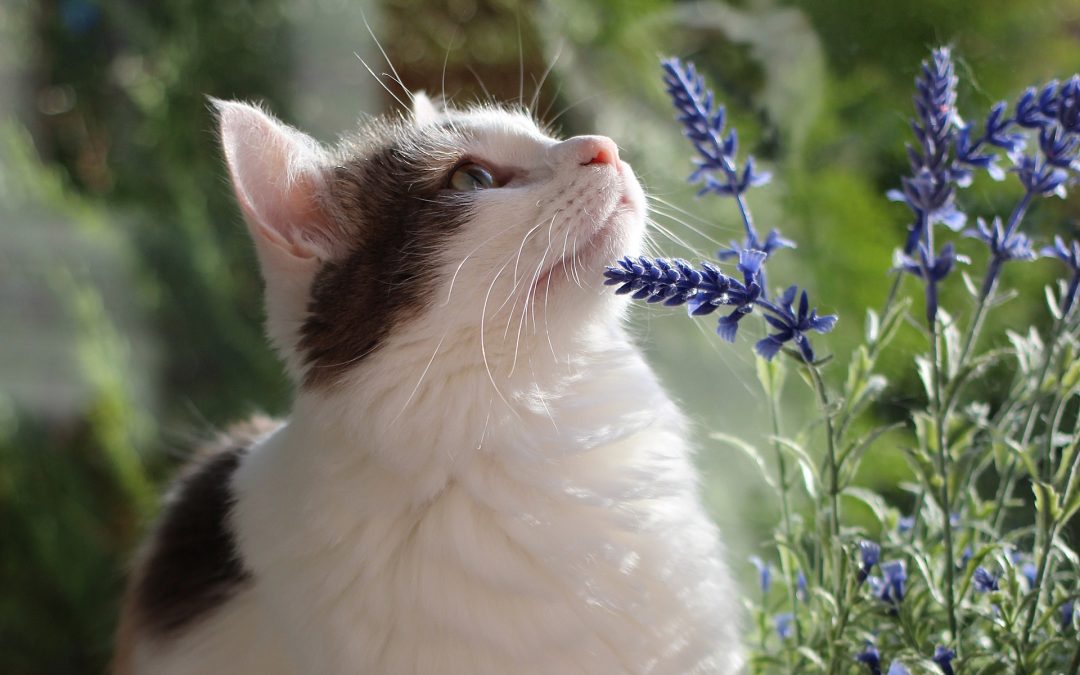Summer is on the horizon, bringing the intense Florida heat with it. If you have an outdoor cat, you probably do the usual tick and flea prevention routine and then leave them to be independent in the summer sun. Most outdoor cats are able to survive quite well with minimal monitoring outdoors, but summer hazards can arise that might require additional attention and preparation. Here are some common summer dangers for your outdoor cat that veterinarians have noticed to help you make a plan to keep your cat safe during the summer months.
Heat Stroke and Dehydration
Heat stroke and dehydration are two of the most serious summer dangers for your outdoor cat. Your cat might need some additional precautions to help keep them cool during the hotter summer days. Most cats are intelligent enough to find their own shade but you can take extra steps to provide them with shaded areas close to the home. It is equally important to leave out enough water. Many cat-owners will often leave out two water dishes for their cat. Fill one with water and another one with ice that will melt to provide cold water later in the day. You can also consider bringing your cat in during the hottest times of the day (typically between 10 am and 4 pm). Keep a watchful eye on the weather to monitor if there are predicted spikes in heat. Lighter colored cats are even prone to sunburns which can lead to nose and ear cancer. If you believe your cat is at risk, consider purchasing animal-safe sunscreen.
Pest Management
When thinking about making a plan for the summer dangers for your outdoor cat, protecting them from pests can’t be overlooked. Be prepared to manage pests like fleas, ticks, and mosquitos. Talk with your vet to come up with a safe and effective way to prevent pest infestations. Also, keep in mind that many cats are intrigued by buzzing bees which can lead to them getting stung. Cats that have been stung may scratch the area or pull at their fur so be sure to monitor your cat for any abnormal behavior or swelling.
Hairballs
The increase in temperature during the summer can mean your cat will shed more than usual. Cats always swallow some fur while they’re grooming themselves and if they consume too much and it can’t pass through their digestive system, the fur makes its ways out of the cat in the form of a hairball. Hairball treatments are available to prevent damage to their digestive systems and it can also be beneficial to make sure that you are keeping up with brushing your cat to help remove loose fur. If a cat is coming up with more than one hairball a week or has diarrhea or a loss of appetite with issues related to their digestive system, book a visit to the vet.

